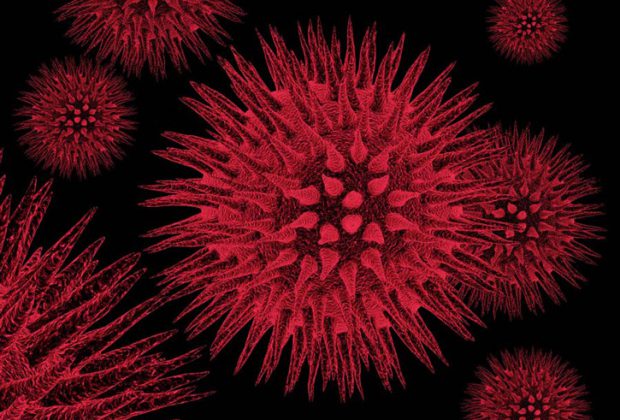Rubella Basic Information
Rubella is an acute viral disease that causes fever and rash. Symptoms include rash and fever for two to three days (mild disease in children and young adults). Complications include birth defects if acquired by a pregnant woman: deafness, cataracts, heart defects, mental retardation, and liver and spleen damage (at least a 20% chance of damage to the fetus if a woman is infected early in pregnancy). This is spread by contact with an infected person, through coughing and sneezing.
Side Effects
MMR (Measles, Mumps, and Rubella)
A vaccine, like any medicine, is capable of causing serious problems, such as severe allergic reactions. The risk of MMR vaccine causing serious harm, or death, is extremely small.
Getting MMR vaccine is much safer than getting any of these three diseases.
Most people who get MMR vaccine do not have any problems with it.
Mild Problems
Fever (up to 1 person out of 6)
Mild rash (about 1 person out of 20)
Swelling of glands in the cheeks or neck (rare)
If these problems occur, it is usually within 7-12 days after the shot. They occur less often after the second dose.
Moderate Problems
Seizure (jerking or staring) caused by fever (about 1 out of 3,000 doses)
Temporary pain and stiffness in the joints, mostly in teenage or adult women (up to 1 out of 4)
Temporary low platelet count, which can cause a bleeding disorder (about 1 out of 30,000 doses)
Severe Problems (Very Rare)
Serious allergic reaction (less than 1 out of a million doses)
Several other severe problems have been known to occur after a child gets MMR vaccine. But this happens so rarely, experts cannot be sure whether they are caused by the vaccine or not. These include:
• Deafness
• Long-term seizures, coma, or lowered consciousness
• Permanent brain damage
Note: The first dose of MMRV vaccine has been associated with rash and higher rates of fever than MMR and varicella vaccines given separately. Rash has been reported in about 1 person in 20 and fever in about 1 person in 5. Seizures caused by a fever are also reported more often after MMRV. These usually occur 5-12 days after the first dose.
Who Should Not Be Vaccinated
Some people should not get MMR vaccine or should wait.
People should not get MMR vaccine who have ever had a life-threatening allergic reaction to gelatin, the antibiotic neomycin, or to a previous dose of MMR vaccine.
People who are moderately or severely ill at the time the shot is scheduled should usually wait until they recover before getting MMR vaccine.
Pregnant women should wait to get MMR vaccine until after they have given birth. Women should avoid getting pregnant for 4 weeks after getting MMR vaccine.
Some people should check with their doctor about whether they should get MMR vaccine, including anyone who:
• Has HIV/AIDS, or another disease that affects the immune system
• Is being treated with drugs that affect the immune system, such as steroids, for 2 weeks or longer.
• Has any kind of cancer
• Is taking cancer treatment with x-rays or drugs
• Has ever had a low platelet count (a blood disorder)
People who recently had a transfusion or were given other blood products should ask their doctor when they may get MMR vaccine.
Ask your provider for more information.

